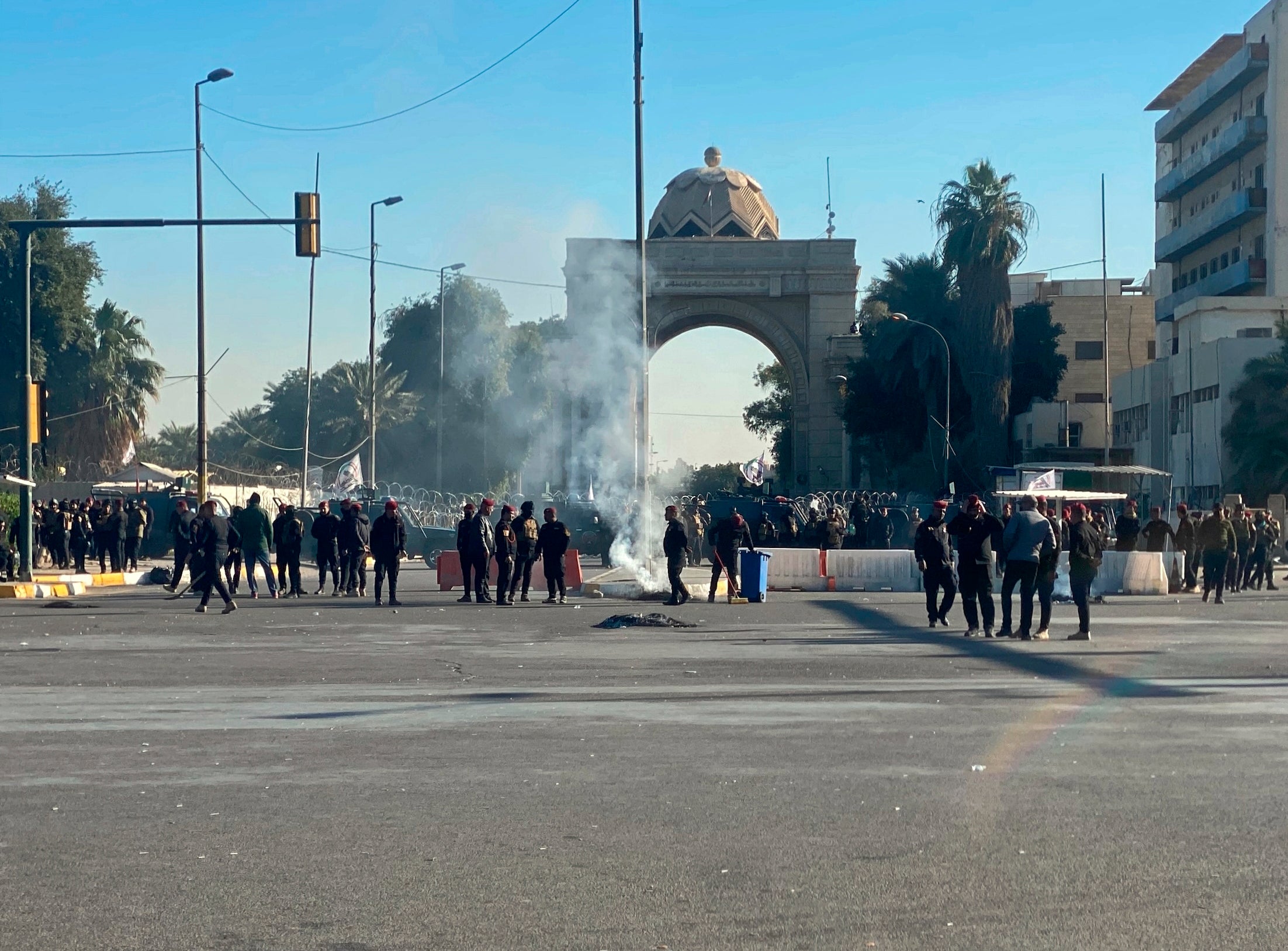Iraq’s top court rejects appeal contesting election results
Iraq’s top court has rejected an appeal filed by Iran-backed factions contesting the results of parliamentary elections held in October

Your support helps us to tell the story
From reproductive rights to climate change to Big Tech, The Independent is on the ground when the story is developing. Whether it's investigating the financials of Elon Musk's pro-Trump PAC or producing our latest documentary, 'The A Word', which shines a light on the American women fighting for reproductive rights, we know how important it is to parse out the facts from the messaging.
At such a critical moment in US history, we need reporters on the ground. Your donation allows us to keep sending journalists to speak to both sides of the story.
The Independent is trusted by Americans across the entire political spectrum. And unlike many other quality news outlets, we choose not to lock Americans out of our reporting and analysis with paywalls. We believe quality journalism should be available to everyone, paid for by those who can afford it.
Your support makes all the difference.Iraq’s top court on Monday rejected an appeal filed by Iran-backed factions contesting the results of country's parliamentary elections held in October. The development marked another boost for an influential Shiite cleric who had been confirmed as the winner of the vote.
The appeal was submitted by Hadi al-Ameri, head of a pro-Iran coalition that lost seats in the Oct. 10 vote.
Final results announced by Iraq’s electoral commission had confirmed Shiite cleric Muqtada al-Sadr secured 73 out of Parliament’s 329 seats. The results also confirmed that the faction known as the Fatah Alliance, which represents the Shiite paramilitary group known as the Popular Mobilization Forces, secured 17 seats — down from 48 in the last elections.
The Federal Supreme Court had not ratified the election results, pending the appeal filed earlier this month by al-Ameri, who heads the Fatah Coalition. Monday’s verdict read out by Judge Jassim Mohammed rejecting the lawsuit is final and cannot be appealed. The lawsuit had cited alleged technical and legal violations.
Earlier Monday, hundreds of protesters closed entrances to Baghdad’s heavily fortified Green Zone, in anticipation of the court’s decision. Military forces fanned out across the area and set up checkpoints in the city. The Green Zone hosts most foreign diplomatic missions, including the U.S. Embassy.
There were no immediate reports of violence or clashes.
Following the vote, supporters of Iran-aligned militias had pitched tents near the Green Zone in an ongoing sit-in, rejecting election results and threatening violence.
The United States, the U.N. Security Council and others have praised the Oct. 10 election, which was mostly violence-free and without major technical glitches.
But unsubstantiated claims of voter fraud have cast a shadow over the vote. The standoff with the militia supporters has also increasing tensions among rival Shiite factions that could reflect on the street and threaten Iraq’s newfound relative stability.
The election was held months ahead of schedule in response to mass protests in late 2019, which saw tens of thousands in Baghdad and predominantly Shiite southern provinces rally against endemic corruption, poor services and unemployment. They also protested against the heavy-handed interference of neighboring Iran in Iraq’s affairs through Iran-backed militias.